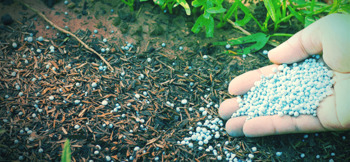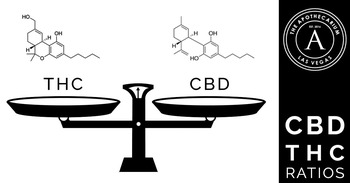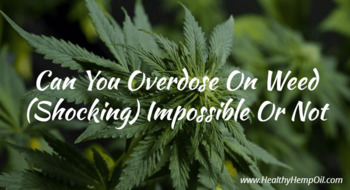
Pros and cons of organic fertilizers for weed
Straight away it is important to understand that the word “organic” doesn’t mean the same for fertilisers as it does food. Organic fertilisers are products that have their nutrients bound up in their natural forms, such as plant and animal waste, having gone through minimal processing. This often means they are a lot more natural, and more akin to what your weed would naturally find in soil when compared to the heavy process and refined synthetic fertilisers – which are often made from petroleum.
- INDOORS
For the soil grower, organics is the way to grow indoors or outdoors. Most hemp-specific soils have a perfect N-P-K ratio for weed plants and sufficient nuts for the first 3-4 weeks. Enzymes, beneficial fungi and silica are usually the only liquid supplements the grower needs for the vegetative phase.
- OUTDOORS
Most ganja farmers, even if they are sowing seeds directly in the dirt of their plantation, will amend and improve the soil in advance. Although some growers will have the time to mix liquid organic fertilisers. Many do not, especially if the crop is large.
ADVANTAGES OF ORGANIC FERTILISERS

The first major advantage of using organics when it comes to weed is the end product. Anything you feed your weed is ultimately going to end up in the bud in one residual form or another, and whilst this isn’t going to be a concern for the weed plant itself, it may be for you. It is widely thought that synthetic fertilisers can make the end smoke much harsher. For this reason, synthetically fed weed is often flushed before harvest, though it is impossible to remove all ‘contamination’. This is much less of a concern with organic fertilisers, as they don’t leave chemical residue – resulting in what many believe is a smoother smoke.

Organic fertilisers tend to release their nutrients very slowly, making it hard to overfeed your hemp. Next to this, they do not often leave residual salts and acidity within the soil as they are natural, helping prevent toxic build-up and maintaining its health.
DISADVANTAGES OF ORGANIC FERTILISERS

The nutritional release of an organic fertiliser plays by nature’s rules and doesn’t always provide as soon as you need it. It is more of a long-term game plan and will give a constant but slow release.

All kinds of eco-friendly gunk, from simple molasses to exotic bat guano, are on the market labelled as 100% organic wonder elixirs. The best advice is to stick with the reputable brands and products with a proven track record. Research before investing too much cash. Just like other commercial organic products, a premium price is usually associated with many of the organic nutrient lines, so shop around for deals.



